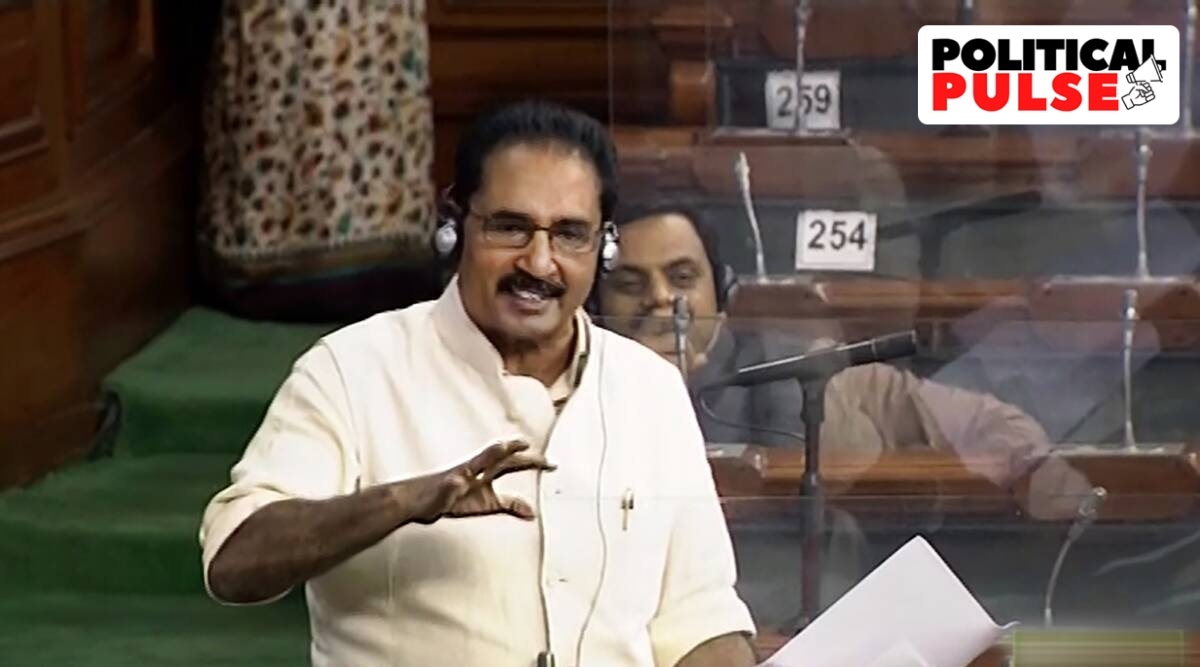 Revolutionary Socialist Party MP NK Premachandran (File)
Revolutionary Socialist Party MP NK Premachandran (File) Premachandran talks to Liz Mathew about the Budget Session that ended today and the problems faced by MPs as the Parliament goes paper-less.
1. You have been an active member of the Lok Sabha. What’s your assessment of the Budget Session?
It has been a fruitful session and there have been some good debates, especially the one on the Ukraine crisis. It was one of the best debates in the recent past with everyone being constructive in their speeches. But, unfortunately, we couldn’t discuss the most important, burning issue: price rise. The government did not want a debate on it. They were on the defensive.
2. There is a tendency to measure the success of a Session through the hours that the House functioned. What’s your view on it?
It is one of the factors to measure productivity. But, at the same time, the issues discussed, quality of debates, and the attendance of the members are also factors. Merely counting hours is not a criterion (to measure a Session’s success). When a House sits for long hours and allows a lot of members to participate in discussions, it is good and the Speaker has to be lauded for it. But the government is not willing to discuss contentious issues. The Opposition was ready to participate in the debates without boycotting… But we will express our protest on the floor of the House in debates. The government did not agree to discussions on contentious issues.
3. What is your view on the Parliament going paper-less?
It’s very difficult… When serious issues such as policy matters and reports of the standing committees are discussed, it is very difficult to go through them without having the papers before you.
4. Are you saying we are not prepared to go paper-less yet?
Yes. We are not totally equipped. For example, we don’t have good web connectivity inside the chamber. When we participate (in debates), we don’t get access to the material. I think for Parliament to function effectively, hard copies are a must. The ministers still depend on files and papers to answer questions. For the J&K budget, there were hundreds of pages. We couldn’t get access to it properly. This affects the quality of the discussion and the effectiveness of the Opposition’s intervention to check and balance the government in the law-making process.
5. At the global level, there is a lot of effort being made to reduce carbon footprint and go green. In India, shouldn’t the Parliament set an example?
I appreciate the fact that the parliamentarians across the world are trying to work without paper. But for MPs, there are hard copies still available when it comes to important bills and policies. When ministers use paper for their answers and even in debates, you can’t insist the MPs shouldn’t.
- The Indian Express website has been rated GREEN for its credibility and trustworthiness by Newsguard, a global service that rates news sources for their journalistic standards.

